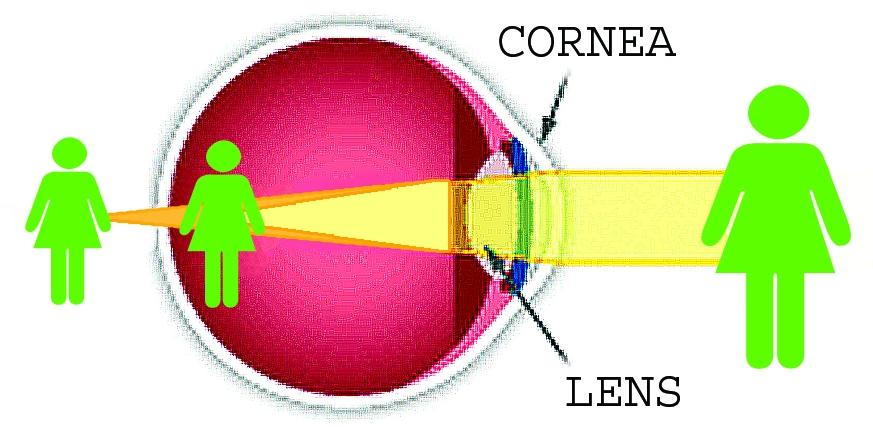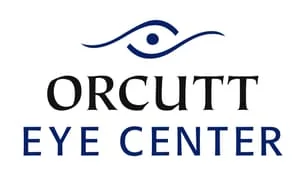
Astigmatism
Astigmatism is probably the hardest vision problem to explain. Hopefully, we can clear your understanding of it. Like farsightedness or nearsightedness, astigmatism is a refractive issue, meaning that it is not an eye disease or eye health problem; it is a problem with how the eye focuses light.
If you have astigmatism, light that enters your eye fails to come to a single focus. Instead, multiple focus points occur, causing blurry vision.
What causes Astigmatism?
The most common reason is that the front part of the eye, called the cornea, is not round, but shaped more like an American football. This causes light to be “bent” differently into different focus points when it enters the cornea. Think of it like having a stronger and weaker lens combination or a distorted lens, therefore, light is not uniformly focused.
Astigmatism frequently occurs with other refractive issues such as myopia, frequently called nearsightedness and hyperopia, frequently called farsightedness.
Most glasses prescriptions have some correction for astigmatism. The specific cause of astigmatism is not known. It can be hereditary. It can increase or decrease over time.
How to treat Astigmatism
Part of a wellness eye exam is to determine if you have astigmatism. This part of the eye examination is called the refraction. This gives us the “formula” or prescription for the astigmatism as well as the myopia or hyperopia. Compensating for this prescription will enable you to have the sharpest vision. There are various ways to compensate using this prescription. The most common way is glasses. Another very common method is contact lenses. There are two major options for treating astigmatism. A non invasive corneal procedure is called orthokeratology, ortho-K for short. The patient wears a series of specially designed rigid contact lenses that gradually reshape the curvature of the cornea. The other major option is laser surgery. The surgery reshapes the cornea by removing corneal tissue, thus reshaping the cornea.
Patients, who have had astigmatism for many years, and need cataract surgery, now have the option of the implantable intraocular lens to compensate for their astigmatism, thus potentially eliminating the need for glasses at distance.
